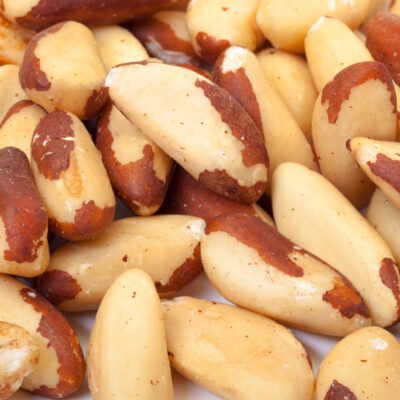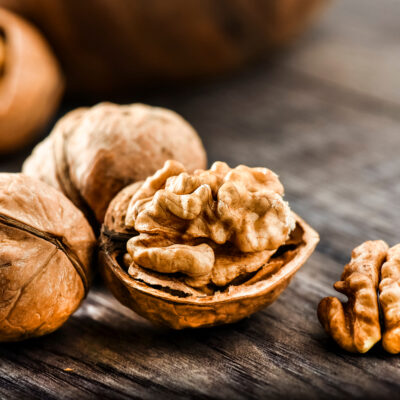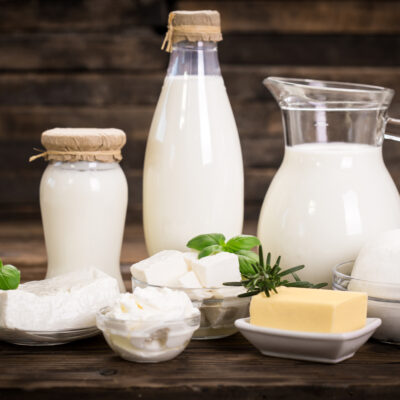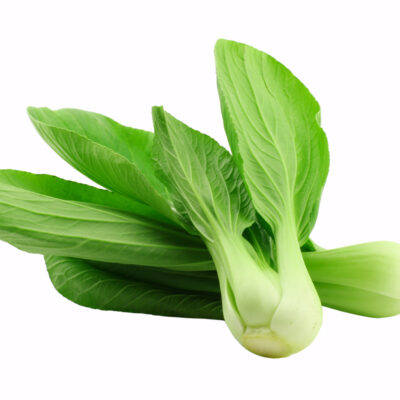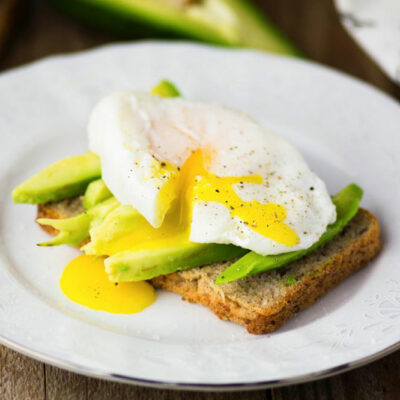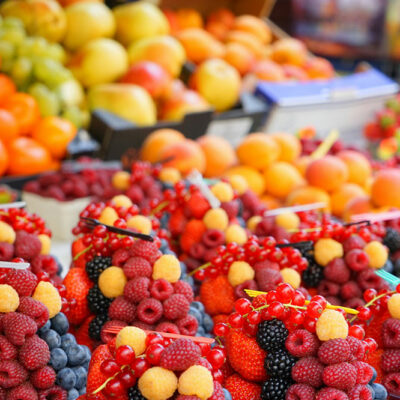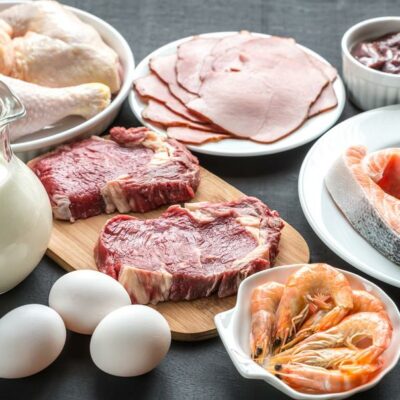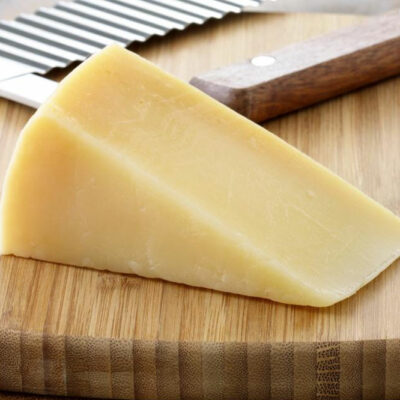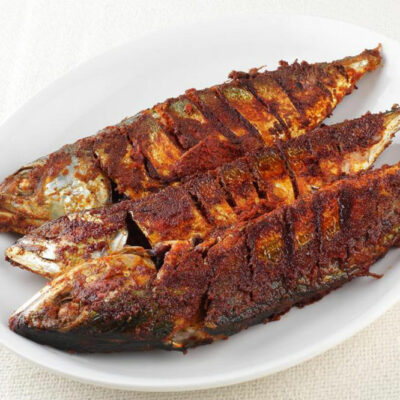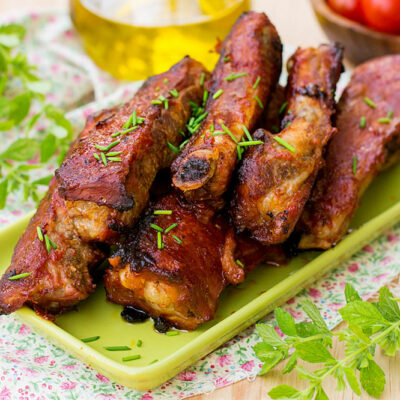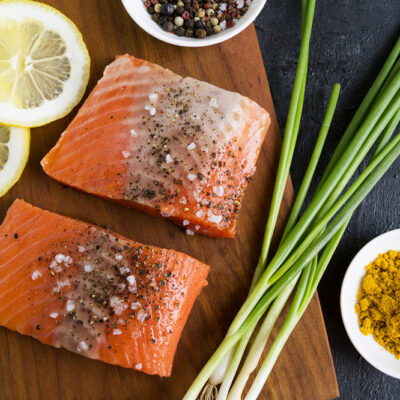
Diet
5 Prostate Cancer Foods to Avoid
Prostate cancer occurs in a man’s prostate gland cells, and it generally causes a variety of different symptoms including burning when urinating, blood in the semen or urine, erectile dysfunction, or pain in the lower back or ribs. These issues tend to get worse as the cancer continues to grow, and advanced prostate cancer drugs like XTANDI (Enzalutamide), ERLEADA (Apalutamide), Rubraca (Rucaparib), and ORGOVYX (Relugolix) may be prescribed. Fortunately, men with a family history of prostate cancer may be able to lower their risk by eating foods that minimize risk of prostate cancer (e.g., cruciferous vegetables like cabbage, kale, and cauliflower, berries, and fish) and avoiding the following foods: 1. Cured and processed meats It’s not uncommon for cured or processed meat products to contain a lot of chemical preservatives to increase the shelf life of the product. Unfortunately, such preservatives can also cause prostate cancer. Foods like canned tuna and hard-boiled eggs are a much better option for those that want to eat something healthy and high-protein while on the go. 2. Fast foods high in saturated fats High levels of saturated fats, sodium, and perfluoroalkyl and polyfluoroalkyl substances (PFAS) are often found in fast foods like burgers, pizza, and french fries.
Read More 